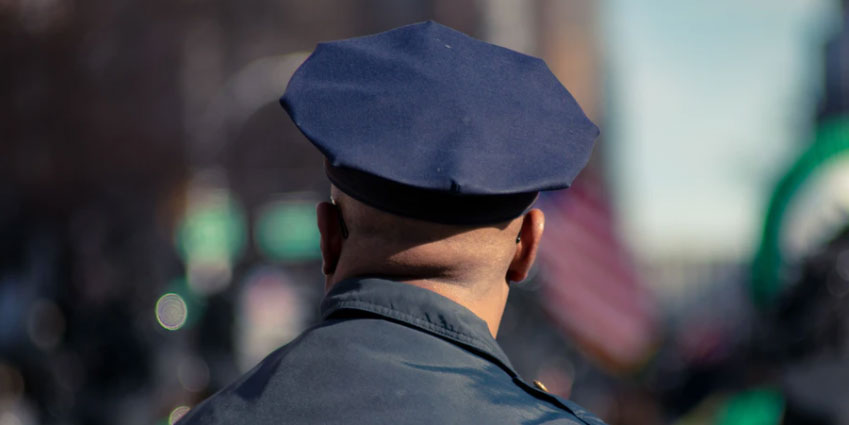
Consider it good news when the police are doing satisfying work.
A while back, I saw a short article about an incident in which the Providence police saved a woman from suicide.
Police went to the scene at 9:26 a.m. Some officers tried to calm her down and coax her off the ledge, Verdi said. But at one point the woman became despondent and a crisis negotiator thought she was disconnected.
She began to panic while looking down from the ledge, Verdi said.
While such incidents can be traumatizing for all involved when they go the other way, when they turn out well, the job can be extremely rewarding.
Broadly, this is a point people don’t consider often enough, whether they’re citizens engaging in public policy debates or my small business clients figuring out how to structure their employee compensation. Cash (including, for my purposes here, financial benefits) is only one consideration as people decide whether something is worth doing, and it can probably be thought of as a final filler.
When people say they love or hate their jobs, they tend to have the nature of their jobs in mind, and pay can (or has to) adjust accordingly. If a job is highly rewarding and fun, people will be more likely to do it as long as the pay covers their basic needs. If a job is demoralizing or dangerous, then higher compensation is needed. This point is relevant when journalists fret that non-profits can’t keep up with market pay, but thinking about police officers suggests a different angle.
Police are paid reasonably well in Rhode Island and the United States, but in a less rewarding setting, the pay would have to go up. Of course, the anti-police sentiment of the past couple of years counts in this calculation, but the topic broadens if we look at a different context: when police function as enforcement for a nasty dictator.
Sure, some people will find the ability to lord it over others as a rewarding perk, but that is less common than novelists and screenwriters tend to imagine. More often, I think, the mechanism is relative. The dictators make life so difficult or painful for the masses that the relative liberty, security, or compensation of police makes up for the pain of moral qualms. It could be, therefore, less that the dictator needs the police state in order to oppress the people than that the dictator’s oppression of the people makes it easier to compensate those who sustain his or her rule.
In any case, the on-the-job satisfaction of police might be one factor to track while assessing the civic health of our society.
Featured image by Fred Moon on Unsplash.

